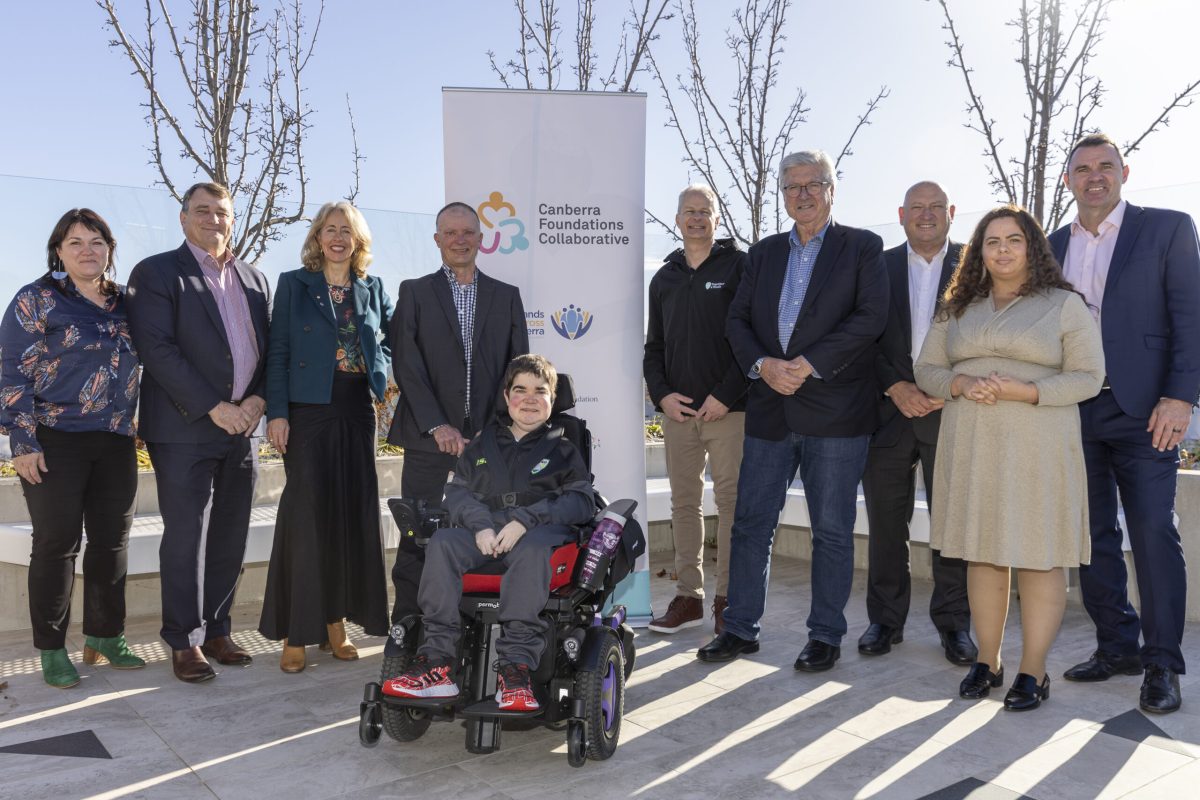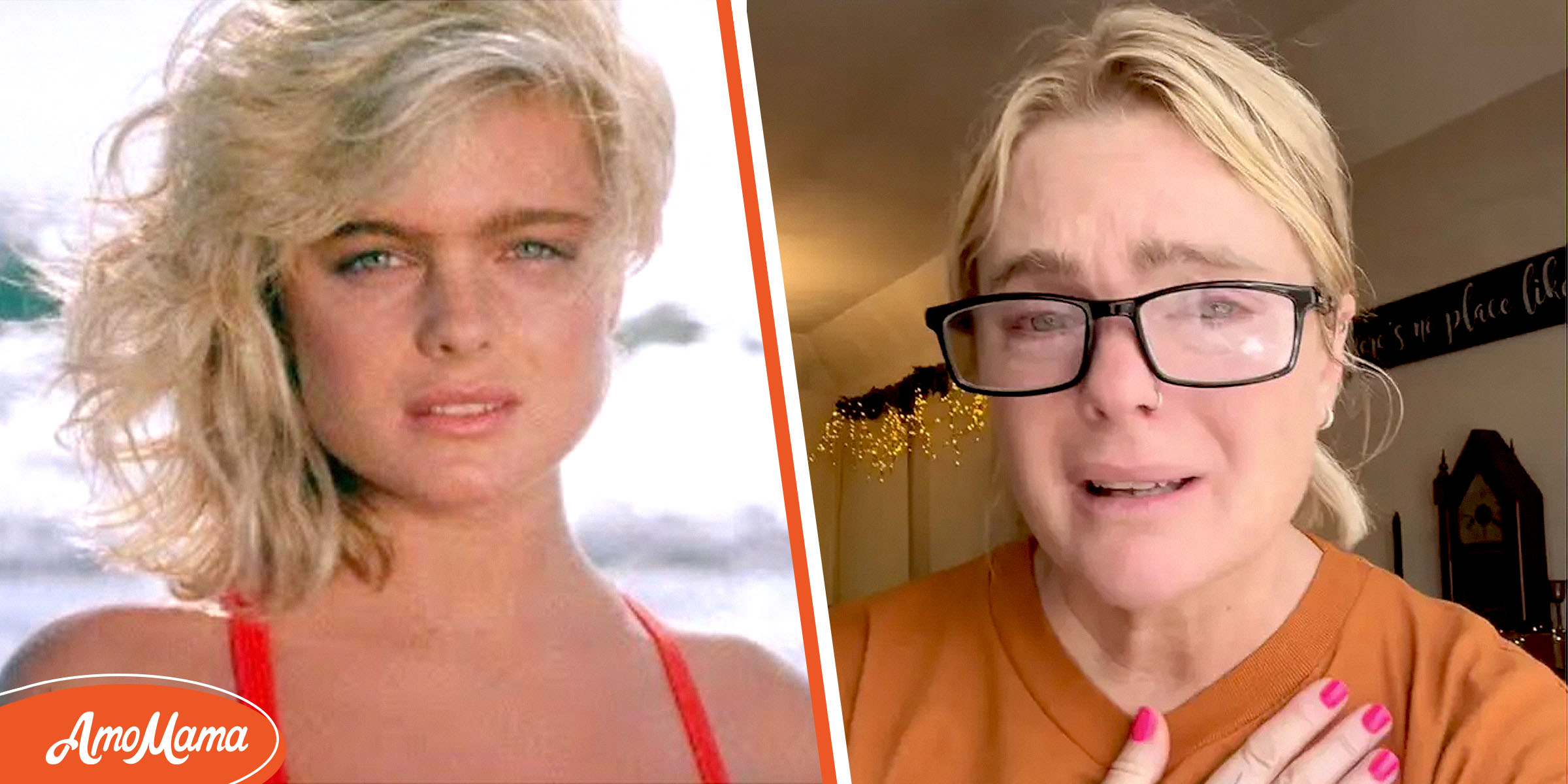
Kristen Franks (centre) has worked in the mental health sector for the past decade. Photo: Supplied.
Mental Health for Mob founder Kristen Franks has seen and heard a lot over the past decade working in the mental health sector. But one thing has remained “incredibly difficult to hear”.
The Walgalu-Ngambri and Dharawal woman has worked across towns in central west NSW and in Canberra and its surrounding regions and helped an array of people – from children, the young, schools and families to pregnant women, the suicidal or self-harming, those with behavioural disorders and in the criminal justice system.
“Throughout all this, I noticed that I was often the first Aboriginal mental health clinician an Aboriginal or Torres Strait Islander person would see,” Kristen says.
“It was incredibly difficult to hear this was the first time they’d felt culturally safe [and that] they’ve never felt heard or connected because there was no lived experience understanding.”
A decade of hearing this message reached fever pitch in late 2021 when Kristen’s community and Elders supported her to meet this cultural need.
While Kristen never intended to make a profit from offering free mental health care, she soon found herself staring down the hard realities of starting a non-profit organisation.
Insurance, registrations and finding a space for clients, to name a few. All while Kristen held down a full-time job and tried to begin to address an “overwhelming” community need.
Over the following six months, crowdfunding and some modest grants transformed Mental Health for Mob from an Instagram page that shared mental health resources to a fully-fledged mental health service.
“A lot of our clients report that when they go to a [mainstream] service, there’s no social, cultural and spiritual aspects of mental health, so they look to Mental Health for Mob,” Kristen explains. “Because it does outreach, it takes children out in the bush and does therapeutic art or play therapy or something that incorporates their culture, whole family unit, lived experience and clinical interventions all into one.”
Kristen has received more than 68 referrals to date, many of which are for Indigenous children under 12 given her clinical background. But it’s also personal.
“I was separated from my dad for a long time and my community and so I struggled in my own identity and I don’t want that for every young person,” she says.
“It was really healing to be part of my community. It’s really hard as well, we don’t have it easy, but I want to be able to support anyone to claim their birthright.
“To get access to mental health care and heal, stop intergenerational issues from recurring and just live a meaningful life where they feel whole and at peace.”

Carolyn Ludovici (Snow Foundation – Our Place manager), Craig Fitzgerald (Aspen Medical – CEO), Georgina Byron (Snow Foundation – CEO), Rob Oakley (Capital Region Muscular Dystrophy), Branden Stroud (Canberra United powerchair representative), Andrew Turvey (Together 4 Youth – CEO representing The One Box), Peter Gordon (Hands Across Canberra – CEO), Ivan Slavic (Capital Region Muscular Dystrophy – CEO), Kristen Franks (Mental Health for Mob – managing director), and Joe Roff (John James Foundation – CEO). Photo: Supplied.
In June, Mental Health for Mob received a $50,000 Canberra Foundations Collaborative Grant to continue its work and take some pressure off Kristen.
One of the grant round supporters, health promotion charity Aspen Medical Foundation, met with Kristen and encouraged her to submit an application.
Aspen Medical Foundation social impact manager Melissa Broers says the foundation and Kristen share a similar goal, making their partnership a “natural fit”.
“Our main focus within Australia is Indigenous and remote community health, so getting groups like First Nations people the health care they require,” she says.
“We met with Kristen and our chief operating officer Craig Fitzgerald, who’s worked a lot with non-for-profits. He said to her it was not sustainable to be doing it as a volunteer.
“So, he worked through a plan of how we could get funding for her to take leave from her other job and work one day a week on Mental Health for Mob and get paid for it.”

Aspen Medical Foundation social impact manager Melissa Broers and COO and CEO Craig Fitzgerald encouraged Kristen to nominate Mental Health for Mob for a grant. Photo: Supplied.
Kristen says she’s been able to see six clients on that dedicated day, including five children, as well as provide ongoing dialectical behaviour therapy (DBT) to another client.
“DBT is extremely expensive. It can sometimes cost up to $10,000 to go through a full 18 months of DBT. I’m trained in that, so I’m giving that to one client [for free],” she says.
“I’m able to give them the resources to recover from the stress and stop presenting to hospital. That is a huge burden lifted from not only the family, but emergency departments.”
But Kristen says Mental Health for Mob will be able to offer full-time clinical therapy and help even more Indigenous children and families with ongoing funding from the ACT Government.
“There’s so much opportunity to really heal the community and be able to give free, accessible mental health care that’s culturally safe and trauma informed,” she says.
“There’s no limit because it’s quite a holistic model, and I just would love the opportunity to be able to do this full time and meet the demand.”



































